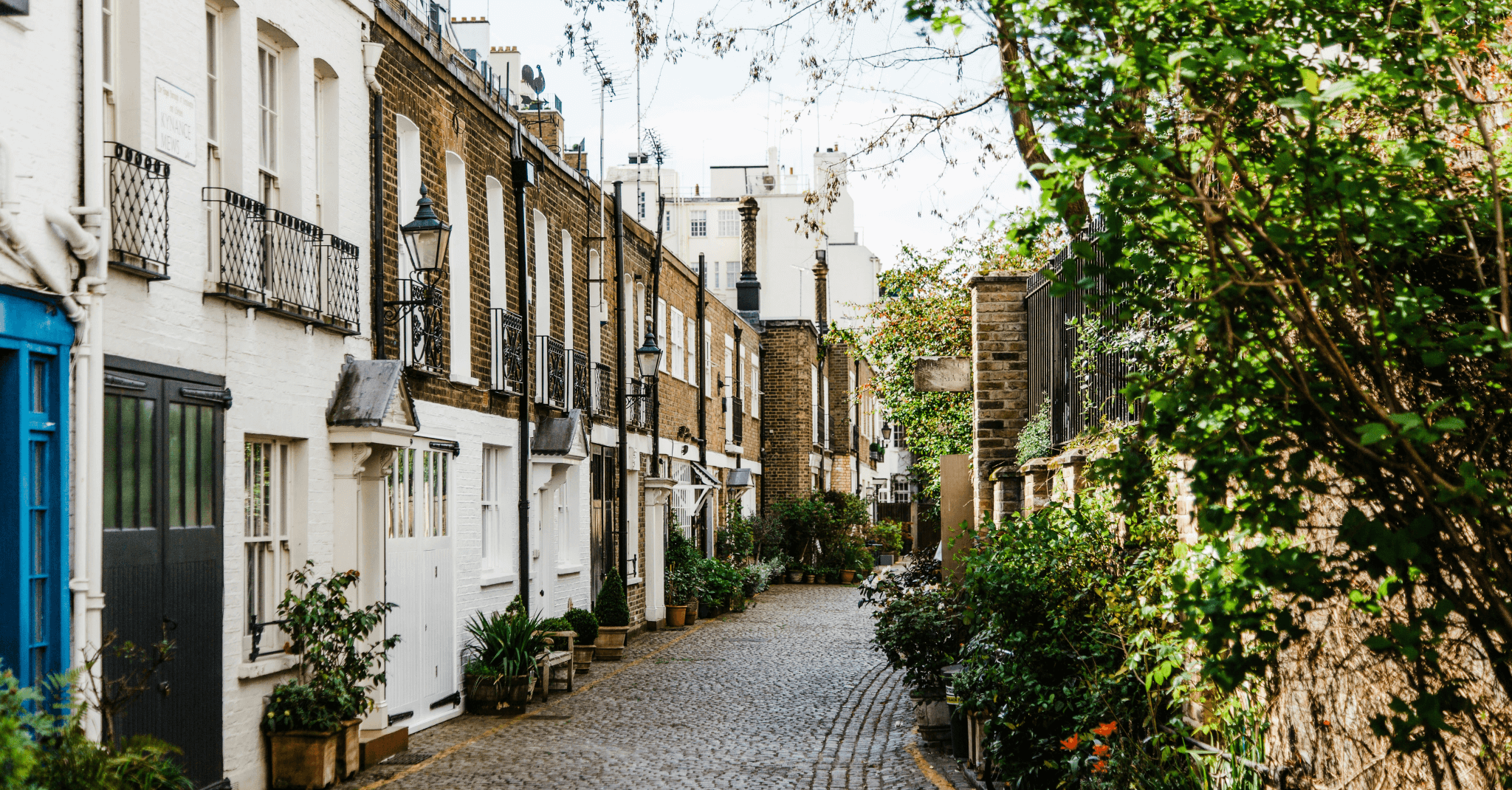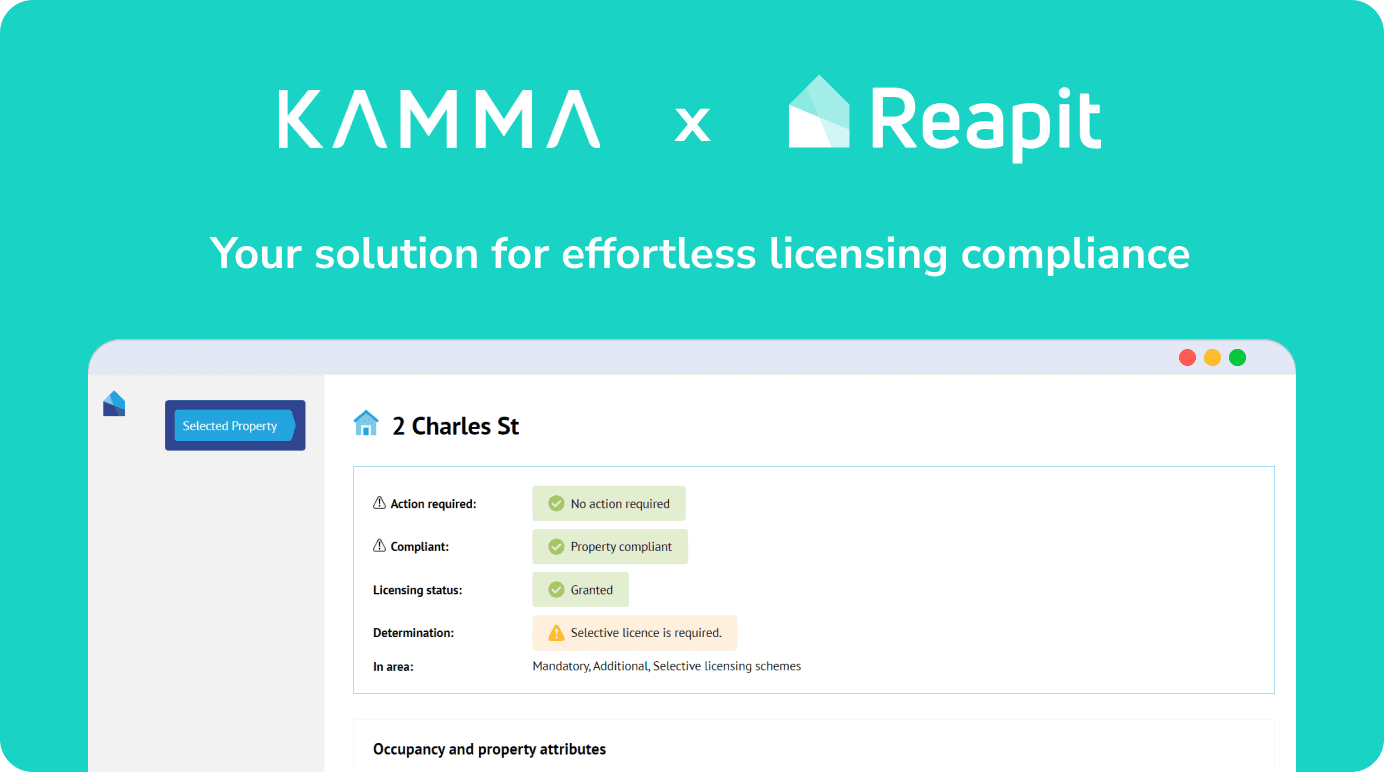- What we do What we do
- How we can help How we can help
- Insights Insights
- About About
- Support Support
- Book a Demo

How the Coronavirus is disrupting UK property licensing
The outbreak of the Coronavirus is having wide-reaching implications for the private rented sector. Businesses, landlords and local councils have been forced to adapt in order to protect public health during this pandemic. Most notably, we have seen a number of local authorities across the country make changes to their introduction or enforcement of HMO and selective licensing schemes in response to issues related to the Coronavirus.
Guidance recently distributed by the Ministry of Housing advises councils to take a pragmatic approach to licensing enforcement. It proposes that councils “take individual landlords’ circumstances into account where licence fee payments may have been delayed due to the current situation”.
Additionally, the guidance asks councils to “prioritise high-risk licensable properties if this is necessary to protect vulnerable tenants and target imminent risks to health”.

Whilst councils have also been advised to continue business as usual for existing non-mandatory licensing schemes, several local authorities have taken action to postpone or restrict some of their schemes.
Councils that have postponed schemes
In Newcastle, despite initially confirming the introduction of its additional and selective scheme, the council has now suspended their implementation by three months from 6th April to 6th July.
Luton‘s selective scheme, which affects 5 wards within the borough, was scheduled to start on 1st May, however now it will come into effect from 1st July.
Consultations on pause
Greenwich is the latest London borough to pause its selective licensing consultation in response to the Coronavirus crisis. The council kicked off the process in February and was due to end on 26th April but it has decided to call a halt due to ‘safety issues’.
Sandwell Council’s consultation on its additional and selective schemes was halted early due to the Coronavirus, although people were still able to submit feedback online.
Restrictions on enforcement
Camden Council has suspended inspections whilst it battles with dealing with the outbreak.
In Great Yarmouth the council has promised to continue with enforcing its HMO licensing scheme, although it has rolled back on proactive inspections.
Liverpool Council also insists that, despite their landmark council-wide selective scheme recently ending, all current cases will continue to be processed by their legal team and taken to court if necessary.
What happens now?
It remains to be seen whether more councils across the country will enact similar changes to the enforcement of their licensing schemes. However, it is clear that, while all local authorities are having their resources stretched during this pandemic, many are still keen to limit disruption to their schemes as much as possible and ensure that they can continue to serve their function of improving rentals standards.
During the Coronavirus outbreak it is still imperative that landlords and letting agents alike fulfil their licensing obligations. Time now must be spent preparing for when the implementation of these licensing schemes will resume as usual.
Contact us or book a demo now to understand how Kamma can help you with property licensing.

New insights: how does EPC data impact affordability assessments?
Accurate energy performance data is a must to ensure mortgage lenders can accurately assess affordability and reduce risk – here’s why.
Read more
Kamma’s Response to CVE-2024-0394 (XZ Utils Backdoor)
Last week security researchers publicised a malicious back door in the XZ Utils library, a widely used suite of software that gives developers lossless compression and is commonly used for compressing software releases and Linux kernel images. The backdoor could, under certain circumstances be used to run unauthorised code via the encrypted SSH connection protocol. […]
Read more
Licensing Compliance Simplified: The Kamma-Reapit Integration
The Kamma app is officially live on the Reapit marketplace! This integration arrives just in time to confront the introduction of fifteen new licensing schemes and six current consultations in the first half of the year alone. Kamma’s Reapit integration empowers you to effortlessly manage your licensing compliance through: How does the app work with […]
Read more
Subscribe to the Kamma Newsletters
Regular news, information and insights from Kamma. No spam. Unsubscribe at any time.
Subscribing ...
Sorry, we really want to but we couldn't subscribe you due to missing or incorrect information; please update the information that's highlighted in red and try again.
Well this is awkward. Something went wrong on the internet between your browser and our newletter subscription service. Please let us know and we'll do our best to fix it for you.
Thanks for subscribing! Check your Inbox in a short while for a confirmation email to check it was really you that just subscribed. If you've already subscribed, we'll keep your subscription but you won't receive a confirmation email this time.
